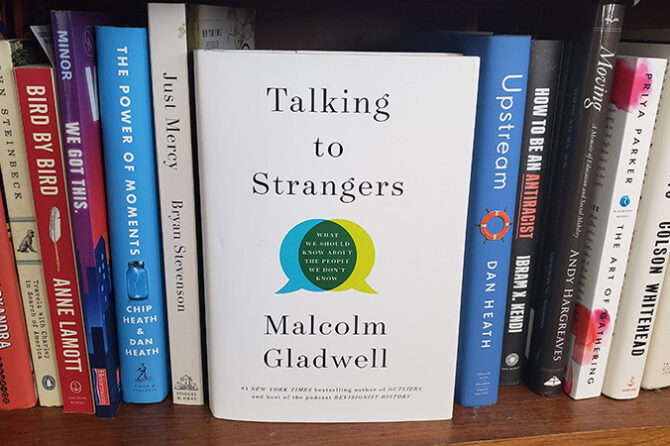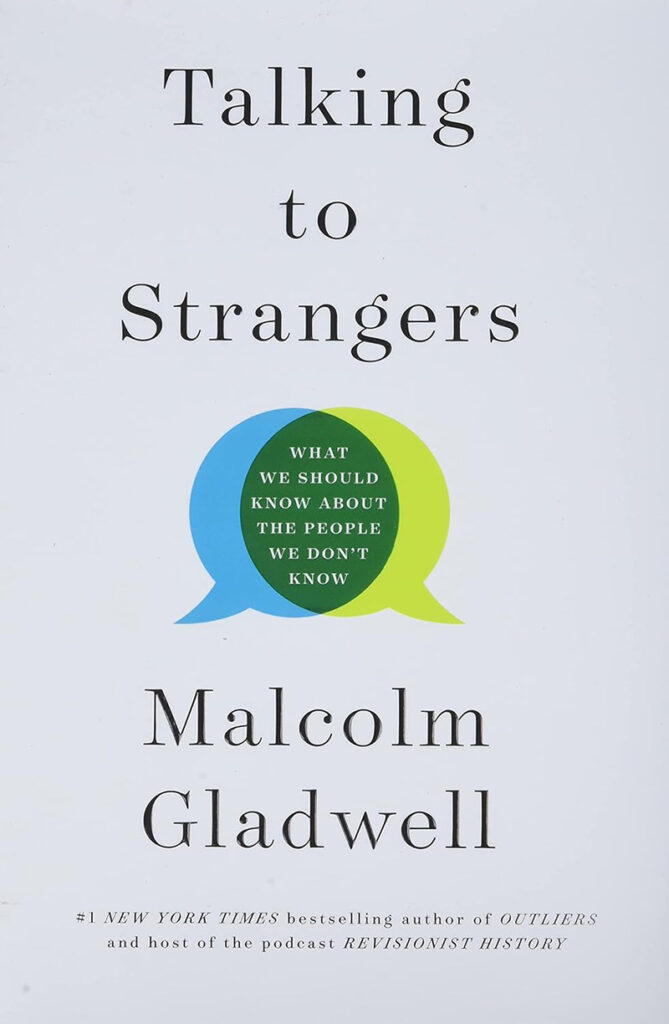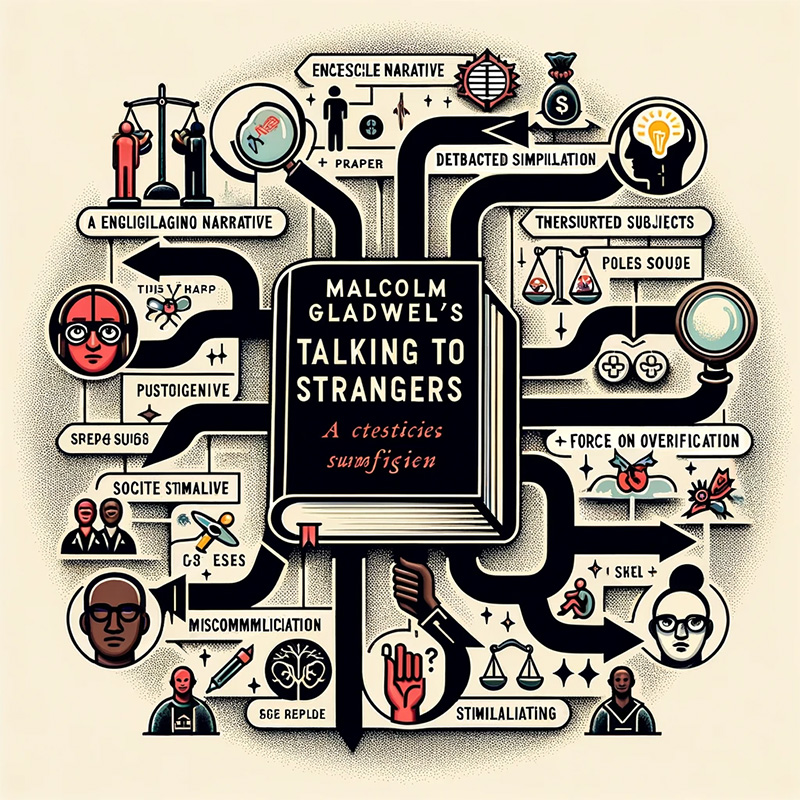
Malcolm Gladwell, a name synonymous with intriguing insights into social psychology and sociology, has earned his reputation as a master of turning complex ideas into compelling narratives. Known for bestsellers like “Outliers” and “Blink,” Gladwell has consistently challenged readers to look beyond the obvious. As a journalist with no formal scientific training, he has nonetheless carved a unique niche, blending academic research with storytelling. His works often pivot around the psychology of decisions and the unnoticed patterns governing everyday life.
In “Talking to Strangers: What We Should Know About the People We Don’t Know,” Gladwell embarks on a journey to understand our interactions with strangers and why these often go awry. The book, following his signature style, weaves together historical events, psychological research, and personal narratives. Gladwell questions our ability to understand and communicate with people we do not know, delving into the implications of these misunderstandings in crucial aspects of society.
Gladwell’s central thesis in “Talking to Strangers” is the idea that humans inherently struggle to understand and communicate with people they do not know. He presents several key concepts:
- Default to Truth: Gladwell posits that people have a natural tendency to believe others, a trait necessary for societal function. However, this “default to truth” can lead to misjudgements, especially in critical situations. He states, “We start by believing. And we stop believing only when our doubts and misgivings rise to the point where we can no longer explain them away.”
- Transparency Problem: The assumption that people’s emotions and thoughts are displayed transparently through their expressions and actions leads to misinterpretations. This problem is exacerbated when dealing with strangers, especially from different cultural backgrounds.
- Mismatch Problem: Gladwell explains how someone’s demeanour might not accurately reflect their intentions or truthfulness, leading to wrongful judgments about their character.
- Coupling Phenomenon: This concept suggests that certain behaviours and outcomes are tightly linked to specific circumstances and contexts.
Gladwell’s exploration of these concepts through various high-profile cases forms the crux of the book. He discusses instances like the arrest of Sandra Bland, the deceit of Bernie Madoff, the trial of Amanda Knox, and the cases involving Jerry Sandusky and Brock Turner. Each case is used to illustrate how miscommunications and misjudgements can have dire consequences.
While I found “Talking to Strangers” engaging, I also felt concerned about its treatment of sensitive subjects, especially regarding rape and police brutality. I think Malcolm Gladwell’s approach, which has been critiqued for potentially oversimplifying complex social issues, really sparks a debate. For example, in the case of Sandra Bland, I noticed how Gladwell’s focus on miscommunication seemed to skirt around the broader, more systemic issues of racial profiling and police brutality. This felt like a significant oversight in the narrative. Similarly, in the discussion about Brock Turner’s case, I felt that Gladwell didn’t adequately address the underlying dynamics of power and consent. Instead, he seemed to focus more on alcohol and the misinterpretation of social cues, which to me, felt like an oversimplification of a much more complex issue.
Additionally, I found that Gladwell’s style of linking disparate historical events under a common theme, while intellectually stimulating, sometimes seemed to risk creating forced correlations. This approach, particularly his choice to use controversial cases for illustration, although it captured my attention, seemed to lack depth in understanding the societal and psychological complexities involved.
Malcolm Gladwell’s “Talking to Strangers” is an undeniably gripping read, rich with anecdotes and thought-provoking ideas. It challenges readers to reconsider their interactions with strangers and the assumptions that underlie these interactions. However, the book’s approach to sensitive topics warrants a critical eye. Readers should engage with it not just as a source of fascinating insights but also as a starting point for deeper exploration and understanding of the complex dynamics of human interaction.
For those familiar with Gladwell’s work, “Talking to Strangers” offers the characteristic blend of engaging narrative and psychological exploration. For new readers, it serves as an intriguing introduction to his style, though it should be complemented with other perspectives for a more rounded understanding of the issues it tackles. In essence, “Talking to Strangers” is a testament to Gladwell’s skill as a storyteller and his ability to provoke reflection, albeit with the caveat that its analysis sometimes oversimplifies complex societal issues.
Prof. Dr. Prahlada N. B
15 December 2023
Chitradurga.



















Leave a reply